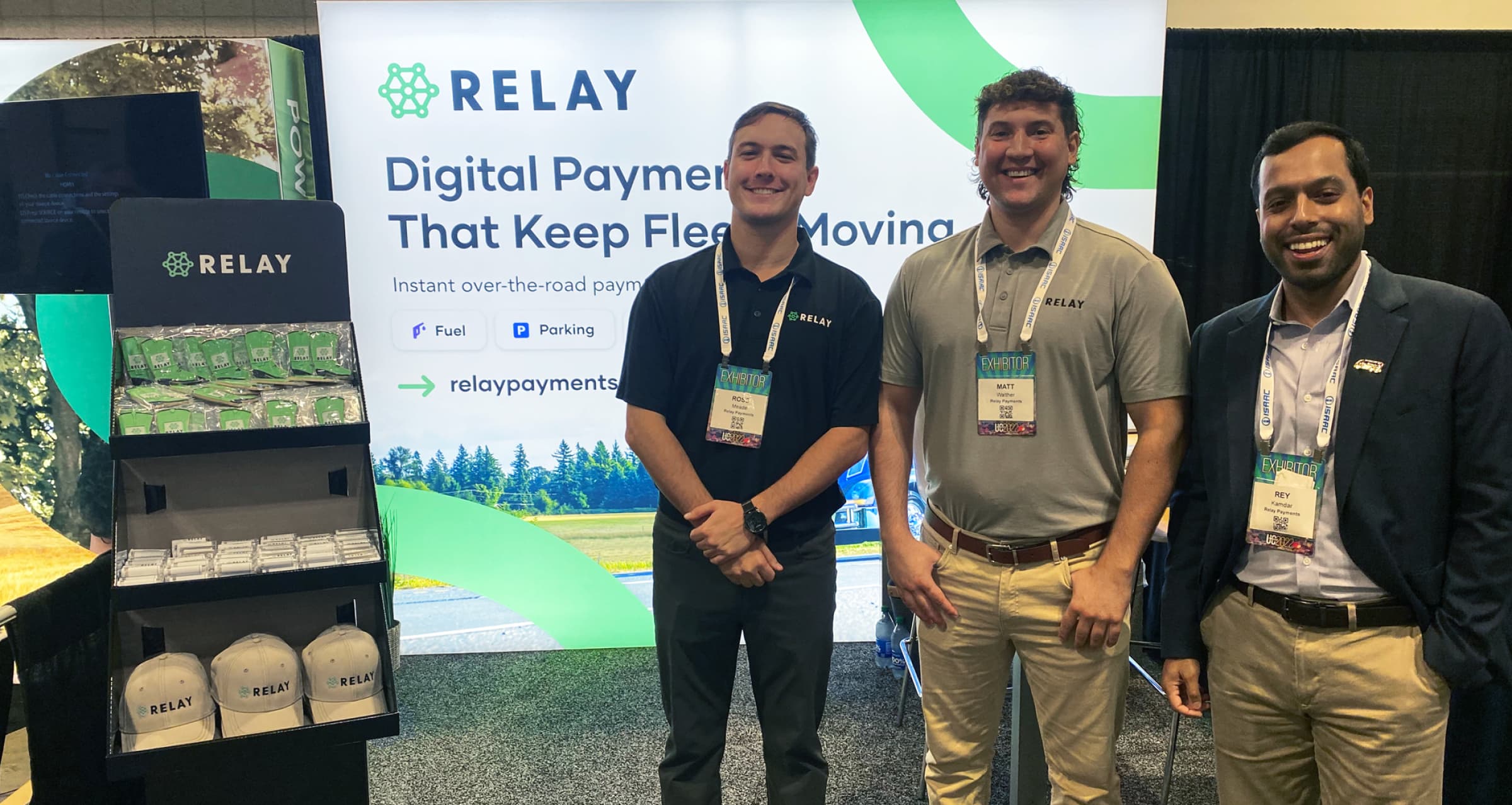As the effects of climate change continue to dominate the news cycle, several logistics executives put sustainability at the forefront of the McLeod User Conference in Nashville last week. A pair of fascinating panels made it clear that ESG (environmental, social, and governance) initiatives were not only good for the planet, but good for business as well.
One panel, entitled “Your ESG Footprint: How to Score Higher with Your Shippers,” warned carriers that sustainability was not just the wave of the future, but a movement the shippers they work with have already joined – and suggested they need to follow suit.
According to a report from Deloitte, although the shipping industry represents a very small percentage of global greenhouse gas emissions, “shipping companies have already taken several actions to inform their investors and other stakeholders about policies they are currently implementing, as well as their future plans in order for their business practices to be even more aligned with “ESG” principles.”
Maximizing fuel efficiency
Panelists Josh Fisher (a fleet owner), Susan Kirkpatrick of Buddy Moore Trucking, and Dave Schaller of the North American Council for Freight Efficiency – discussed many of the eco-friendly initiatives they’ve implemented, including several ways to increase fuel efficiency like placing programmable parameter settings on trucks, gamifying the concept of fuel efficiency, and setting up bonus programs for super-efficient drivers.
Another panel, “Best Practices for Maximizing Fuel Economy,” got more specific on how to increase fuel efficiency. Historically high diesel prices have increased the urgency of carriers and shippers alike to optimize the miles per gallon (MPG) on their trucks, and shippers often look to their carriers for help in meeting their sustainability goals. That help often comes in the form of driver education programs focusing on fuel economy and automated assistance in assessing driver performance – and makes drivers a key part of the equation.
For example, North Dakota-based carrier FreightEX typically sets up company equipment to make sure that its drivers get the best MPG possible, partnering with companies like PACCAR, Kenworth and Peterbilt to do so.
In addition, the company implemented fuel efficiency goals and incentives to company drivers. FreightEx and Alabama-based carrier PS Logistics also use technology to maximize fuel efficiency by managing routes and delivering feedback for drivers.
Incentivizing drivers to save on fuel
Improving driver performance is crucial to a company’s success in managing fuel efficiency. Drivers are monitored and coached to pay attention to various MPG improvement methods like in-cab technology, gamification methods, and performance-based pay incentives.
As a result, drivers have increased their fuel efficiency by using in-car methods such as route compliance, prevention of engine idling, improved vehicle aerodynamics, proper tire management, and automated transmissions. Carriers and shippers have rewarded their drivers’ dedication by sharing profits gained from fuel efficiency methods with them.
Could these initiatives help companies retain younger drivers? They are looking for ways to use sustainability improvements to attract and keep not just drivers, operations staff as well – and those methods could end up being quite productive.
According to McKinsey, “young consumers are particularly mindful of ethical consumption, transparency, authenticity, and equality … purpose-driven brands achieve more than twice the brand-value growth of brands that focus purely on profit generation.”
Although young people are flocking to these more forward-thinking and eco-friendly companies, one panelist reiterated the need for caution.
“Adoption trends show that things move slowly in the trucking industry,” said Schaller. “Don’t feel as if you’re going to get left behind. You have time.”
For more on how Relay can help drivers find fuel on the road, download our app.

